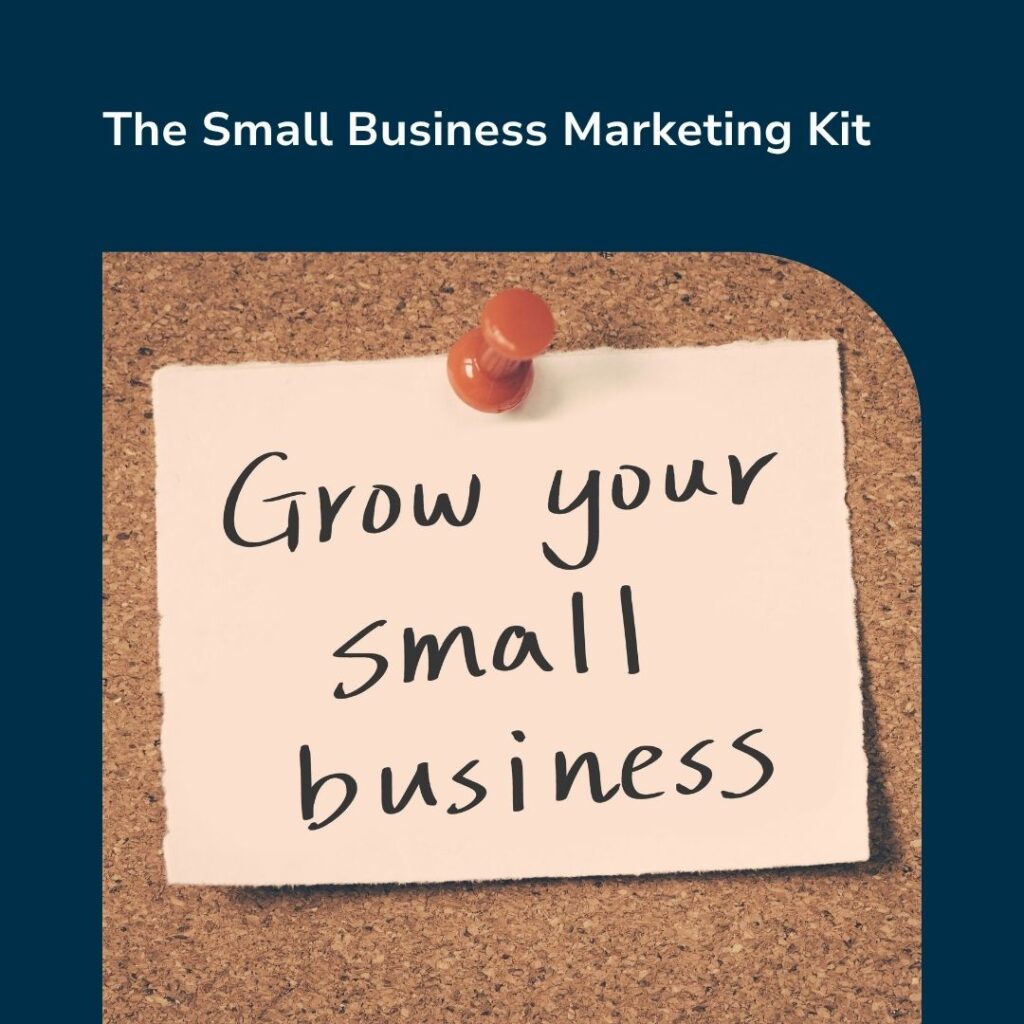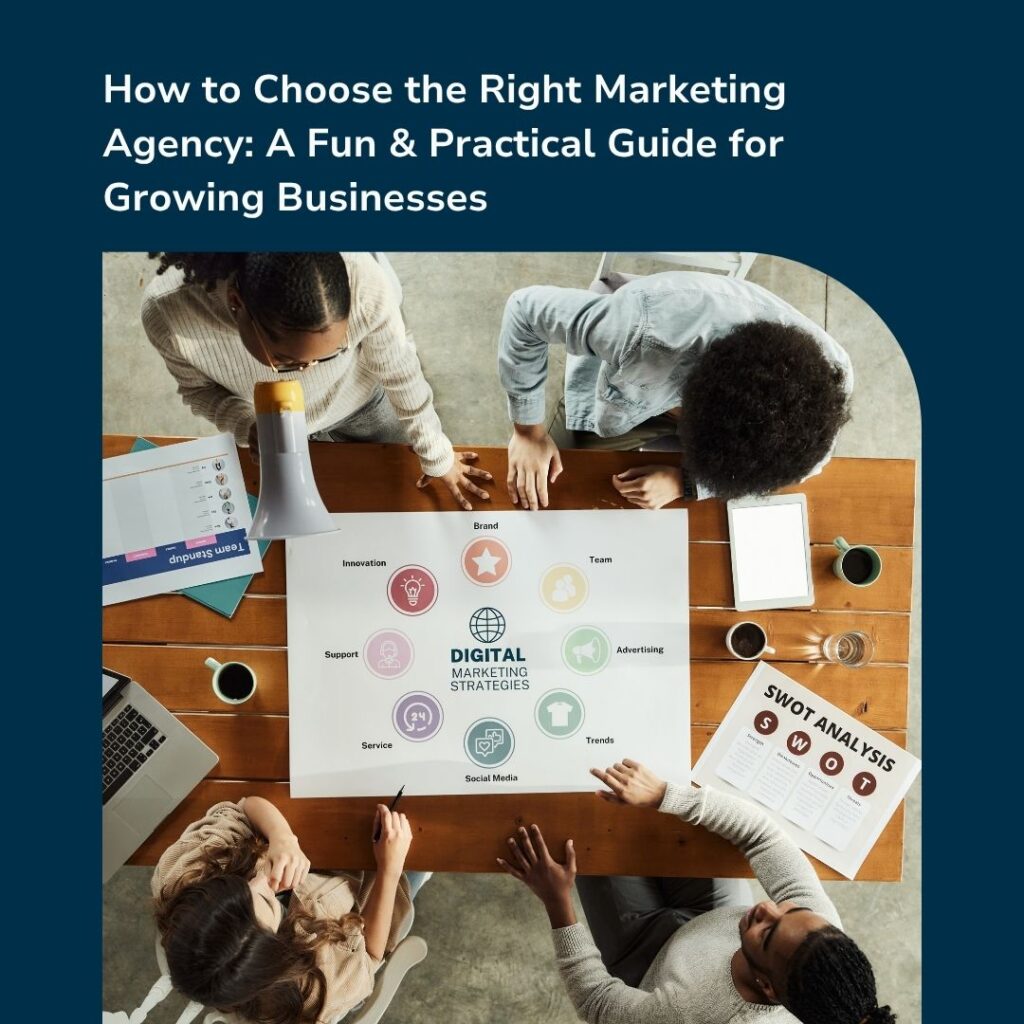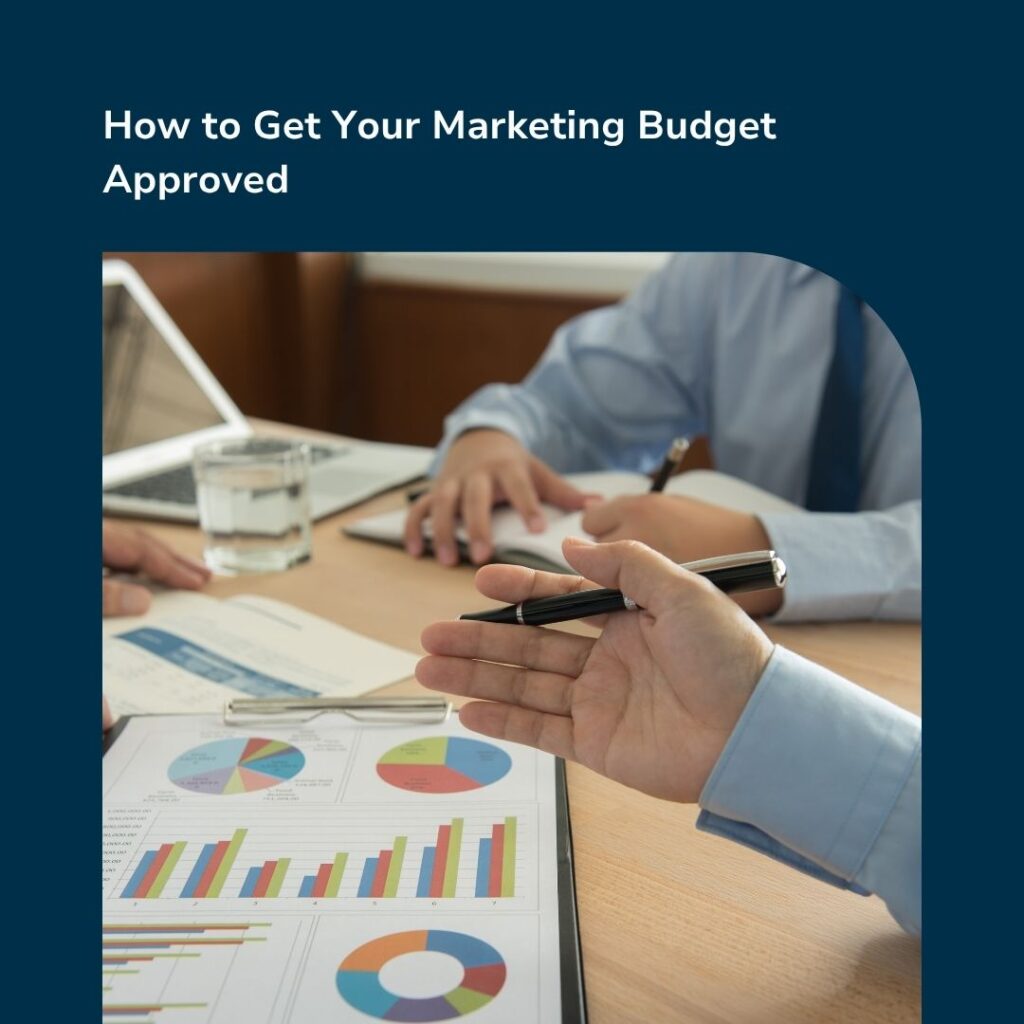Are you looking for ways to supercharge your marketing strategy and maximise its effectiveness?
With the right approach, you can significantly improve the results of your marketing efforts. In this blog post, we’ll explore 7 top strategies that marketers should consider to boost their marketing effectiveness.
Why Should I Maximise the Effectiveness of my Marketing?
By maximising the effectiveness of your marketing, you’ll be able to reach more potential customers, increase engagement, and ultimately drive better results. By making sure that all aspects of your marketing strategy are as effective as possible, you’ll maximise your return on investment and get the most bang for your buck.
How Do I Know If My Marketing is Effective?
To truly understand the effectiveness of your marketing strategy, it’s important to measure your results and determine what strategies are working.
Put simply, if you see more conversions and higher ROI from certain marketing efforts, then you know they are effective and should be prioritised. You can also use customer surveys, A/B testing, heat maps and web analytics to better understand how your target audience is responding to various campaigns.
As a marketer, you need to track metrics like website visits, conversions, customer engagement, and more to get an accurate picture of how well your campaigns are performing. It’s also essential to look at qualitative data such as brand sentiment, customer feedback and industry trends to better understand the effectiveness of your marketing.
7 Top Strategies to Supercharge Your Marketing Strategy
In order to maximise the effectiveness of your marketing, here are 7 top strategies you should consider:
Leverage Customer Insights
One of the most effective ways to boost your marketing strategy is by leveraging customer insights. Understand what customers are looking for and their pain points, then create content that speaks to those needs. By gathering customer feedback and analysing it, you can create tailored messages and more engaging campaigns.
Focus on Quality Content
Quality content refers to content that is well-written, informative, and engaging. Take the time to create high-quality content that resonates with your target audience. This could include blog posts, white papers, infographics, webinars, video tutorials, or ebooks. Quality content will help build trust and loyalty among your customers and lead to better conversions in the long run.
Increase Personalisation
Personalised marketing is a powerful tool for increasing engagement with your target audience. Take the time to understand who your customers are and what they need, then use this information to tailor content specifically to them. This could involve sending personalised emails, creating targeted ads, or providing tailored content on your website.
Establish an SEO Strategy
Having a good SEO strategy is essential for optimising your website and content to appear on the first page of Google. This helps in driving organic traffic to your website and getting more exposure for your brand. Incorporate keywords in your content, create optimised titles and meta descriptions, and optimise images with alt tags. Be sure not to overstuff keywords as that can have a negative effect on your SEO.
Leverage Automation
Automation helps marketers save time and resources by streamlining processes. This includes automating tasks such as email sends, social media posts, website updates, and more. Automation also helps to improve efficiency by making sure the right content is being sent to the right people at the right time. Use automation tools such as RSS feeds, robots.txt files, and email auto-responders to streamline marketing processes.
Utilise Integration Techniques
Integration is a powerful tool for creating a seamless user experience. Integrating different marketing channels is a great way to reach more customers and increase engagement. Use technology to integrate your various marketing channels, such as by synchronising your email list with social media accounts or integrating content management systems with analytics tools. This will help you keep track of different campaigns in one place and ensure that they are all effectively reaching their intended audiences.
Consider using email, social media, online ads, and other platforms to increase the visibility of your brand and drive conversions. Make sure all of these channels are connected to create a seamless user experience.
Analyse Your Results
Once you’ve implemented your strategy, it’s important to track your performance and measure the results. This helps you understand what works and what needs improvement. Monitor key metrics such as website visits, conversions, customer engagement, and more for an accurate picture of your performance. Use analytics tools to track your progress and optimise campaigns for better results.
By following these strategies, you can supercharge your marketing strategy and drive more sales and conversions.
Should I Always Revise my Marketing Strategy?
Yes, revising your marketing strategy should be an ongoing process. As you gain insights into what works and what doesn’t, it’s important to adjust and refine your strategy accordingly. This could mean adding new tactics, eliminating ineffective ones, or introducing new technology as needed.
By constantly evaluating and updating your strategies, you can ensure that your marketing efforts are always geared towards success.
Conclusion
Marketing is an ever-evolving field and it’s important to stay ahead of the curve by incorporating new strategies and tools. By understanding your target audience, creating personalised content, utilising automation tools, leveraging integration techniques, and analysing results you can create a powerful marketing strategy that will drive sales and conversions. When done correctly, these strategies can help you build a successful business and reach new heights.
Good luck!









